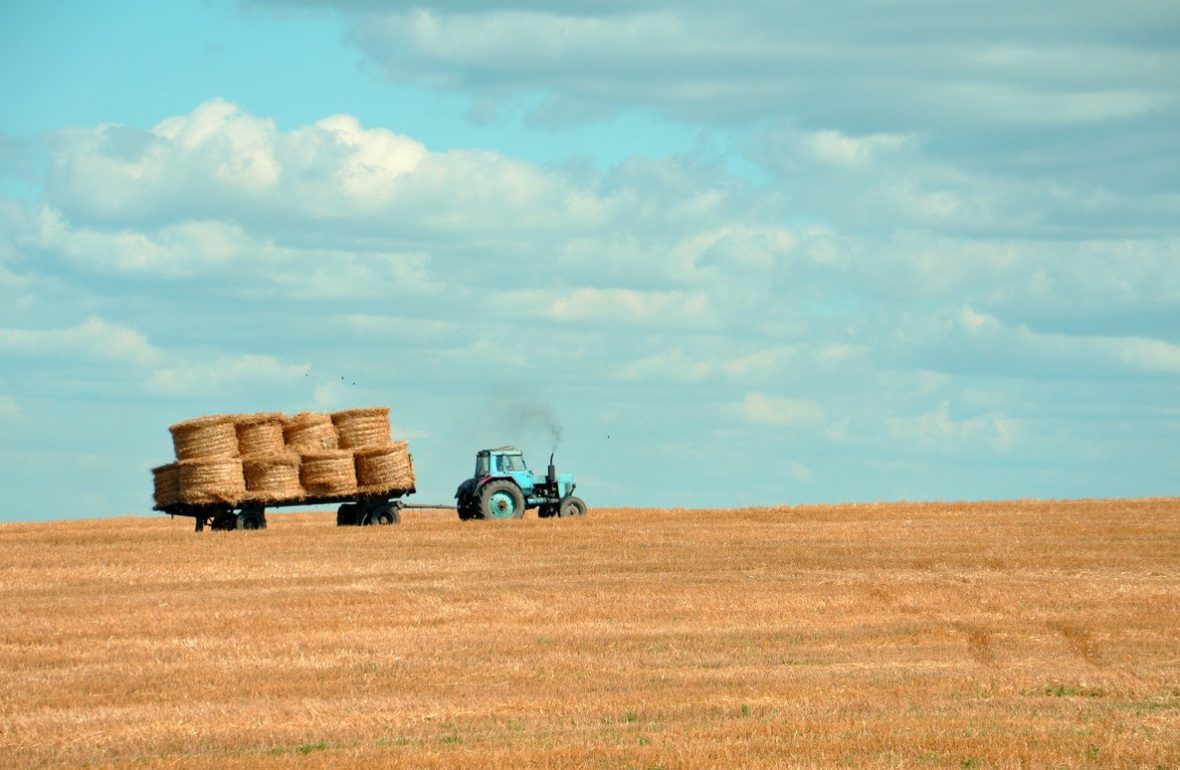
This is the third installation of a series on how to deal with excess money above the normal income you’ve budgeted for (we call this slush). Part one covered the truth that
budgeting is a fundamental skill that, barring unusual circumstances WILL result in you having extra money to steward.
In part two we provided you a framework for how to allocate that inevitable overflow, based around the ideas of WEEDING, PRUNING, PLANTING and HARVESTING. If you haven’t read part two, part three won’t make any sense. And at last, here we are in part 3, wrapping it up with a real-life, practical snapshot of how my family allocates those aforementioned buckets. Your family probably won’t look like mine, and don’t worry about that, but if this gives you some inspiration to create a plan then I’m happy.
Weeding
- We are all done with this bucket and are hopeful to keep the weeds from growing back. This means we don’t take on consumer debt (although we use credit cards for almost everything, more on that later). We delay purchases when possible. We plan for the types of disasters that can put weeds in your garden. If you’re done with the weeding category, keep in mind that it’s useful to regularly consider the question, “What could happen that would put some financial weeds in my budgetary garden?” For the things that you can take action to mitigate, do so! For the stuff that comes to mind that you just can’t control, don’t sweat it, you have a Father who’s a whole lot better than you when it comes to navigating trouble.
Pruning
- These items also all fall within our regular budget – insurance, giving and retirement savings are set aside from our regular monthly income.
- We are NOT paying down our mortgage ahead of schedule right now. It is a 15 year loan at 3.25% interest rate, and it’s for less than half of the value of our home. We don’t feel like putting money here is the best use of excess funds we have.
Planting
- My last $10k of slush (I know that might sound like a lot to some, but remember that my wife and I both work but we live on one salary. That means that slush is a regular part of our lives) went to giving. I felt the Lord say very clearly this year that we were to put our next $10k of extra money towards giving, so that’s what we’re doing.
- The Investment Fund – I keep a fund of money that is just waiting to pounce on the next opportunity. Since our budget contains regular allocations for a pretty standard long term investing plan, this money is higher risk and can be invested into businesses being started in our community or other opportunities along those lines.
- Buying more family land (raw) – We’d like to buy some land within driving distance of our home that could serve as a retreat center for our friends and family. It’s low priority for us now, but it is on the list.
- Homes on our street – We have cash sitting around in part because we keep running into friends who “would have totally bought a house on your street if it had been available when we were looking”. We’re hot on the idea of turning our block into an intentional community, and we’re going to start snatching up homes as they become available. If nobody wants them, then we will own rental homes (been there before. Rental homes can be a hassle, and should not be taken on lightly, but we know what we’re doing if that circumstance arises). If our closest friends want one – we’ll happily take a loss if necessary to accomplish that bigger goal (which will earn primarily spiritual and relational capital).
- Abraham’s Wallet! Yep, we put money into this here website. We even think it might be leading towards bigger things soon, but no clear direction yet on that front.
- Chickens. Not everything in our planting list is huge. We wanted to try our hand at raising chickens and ever since the dog died I swore we’d never house another animal unless it contributed to the family. I’m looking forward to a tiny step towards self-reliance, an opportunity to teach my girls through daily chores and some super tasty eggs.
Harvesting
- I bought a bike last month. Pure luxury – as Mr. Money Mustache likes to say, you needn’t spend more than about $500 on a bicycle. And yet, I treat myself to a fine racing machine once every decade or so because this is my hobby of choice (funded in part through productive hobbies).
- Bathroom remodel. About a year ago we swapped out a decked out house in the hills for a fixer upper. We have already renovated it, a lot, but the bathrooms were left original in all of their pastel flowers and mildewed glory. We are updating the master bath this year and hope to update our kids’ bathroom next year.
- India. We have friends who are spending time abroad and we’re going to take the opportunity to haul our whole crew to India at some point next year. So we sock a little cash away when it comes in, with this goal in mind. Not only will this be a mind-expanding trip for our whole crew, we have several friends who live abroad and they always seem to be immensely blessed by visitors from back home.
- I’ve gifted this book to a whole bunch of guys this year. In fact, we’re working on a mega-fun team review of it! Stay tuned.
And there you have it – one man’s life of WEEDING, PRUNING, PLANTING, and HARVESTING. This is a budget that is talked about with my wife, shared with my board of directors, and followed faithfully through the year. As I’ve said elsewhere…
if you get extra money and you don’t know what to do with it…you need to get more Abrahamic.Have a plan.
So how do you deal with excess money? Does it just vanish (mine always did before I made explicit plans) or have you set up some sort of plan for what you’ll do when you end up with more than you expected? Take it to the comments amigos.
*Mark Parrett is one of the founders of Abraham’s Wallet. When not blogging for you here, he’s raising a family in Salt Lake City, UT and working as a financial planner at Outpost Advisors.






